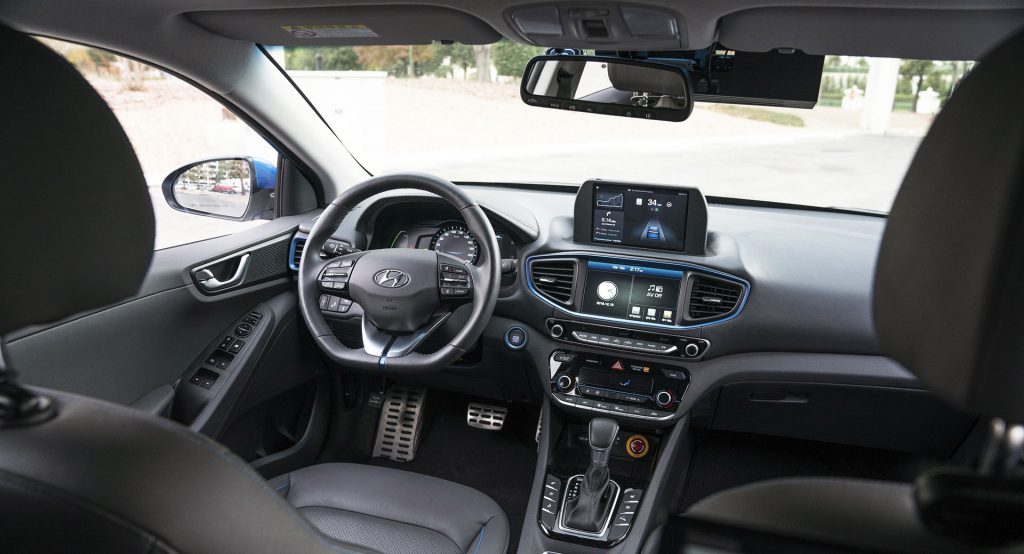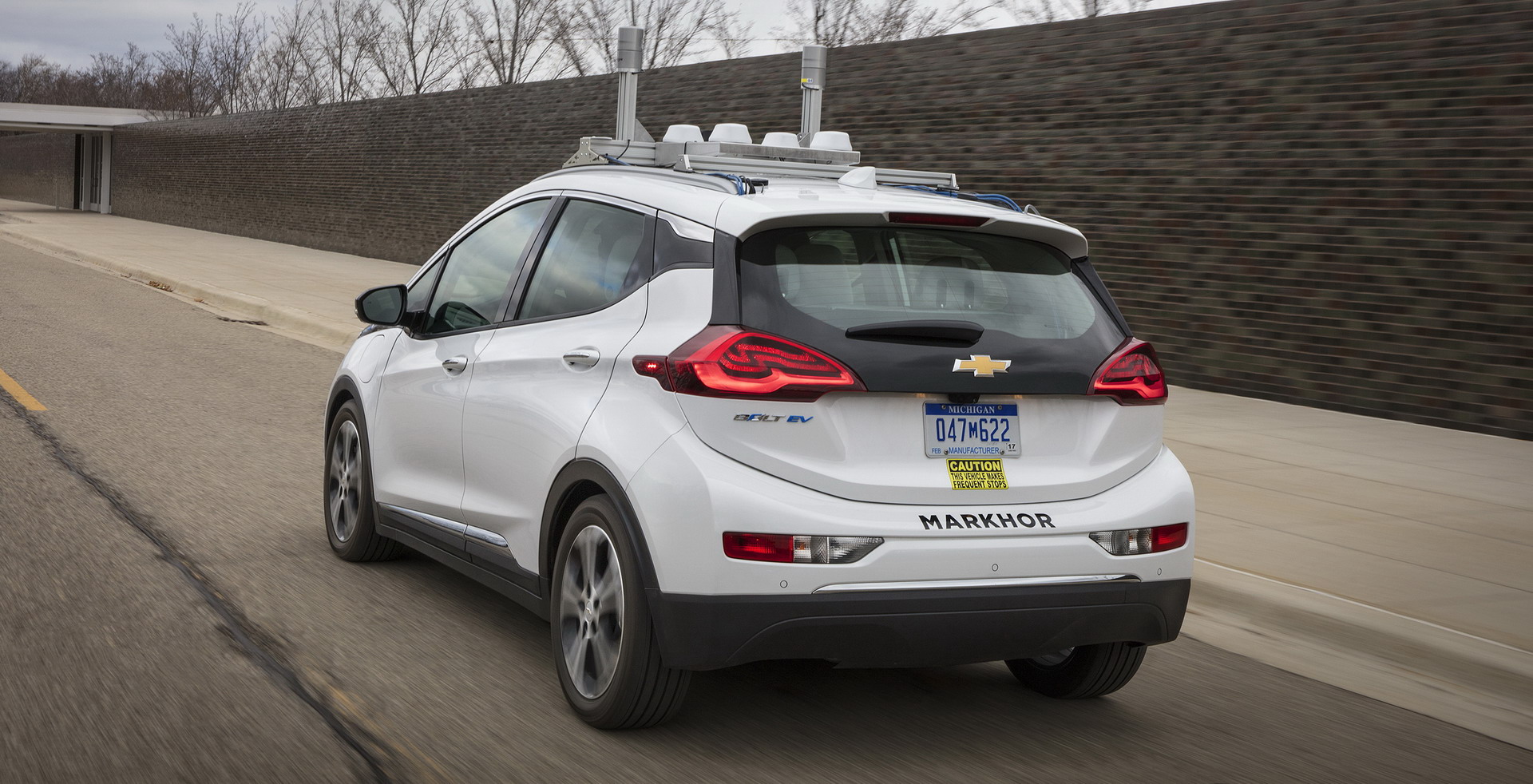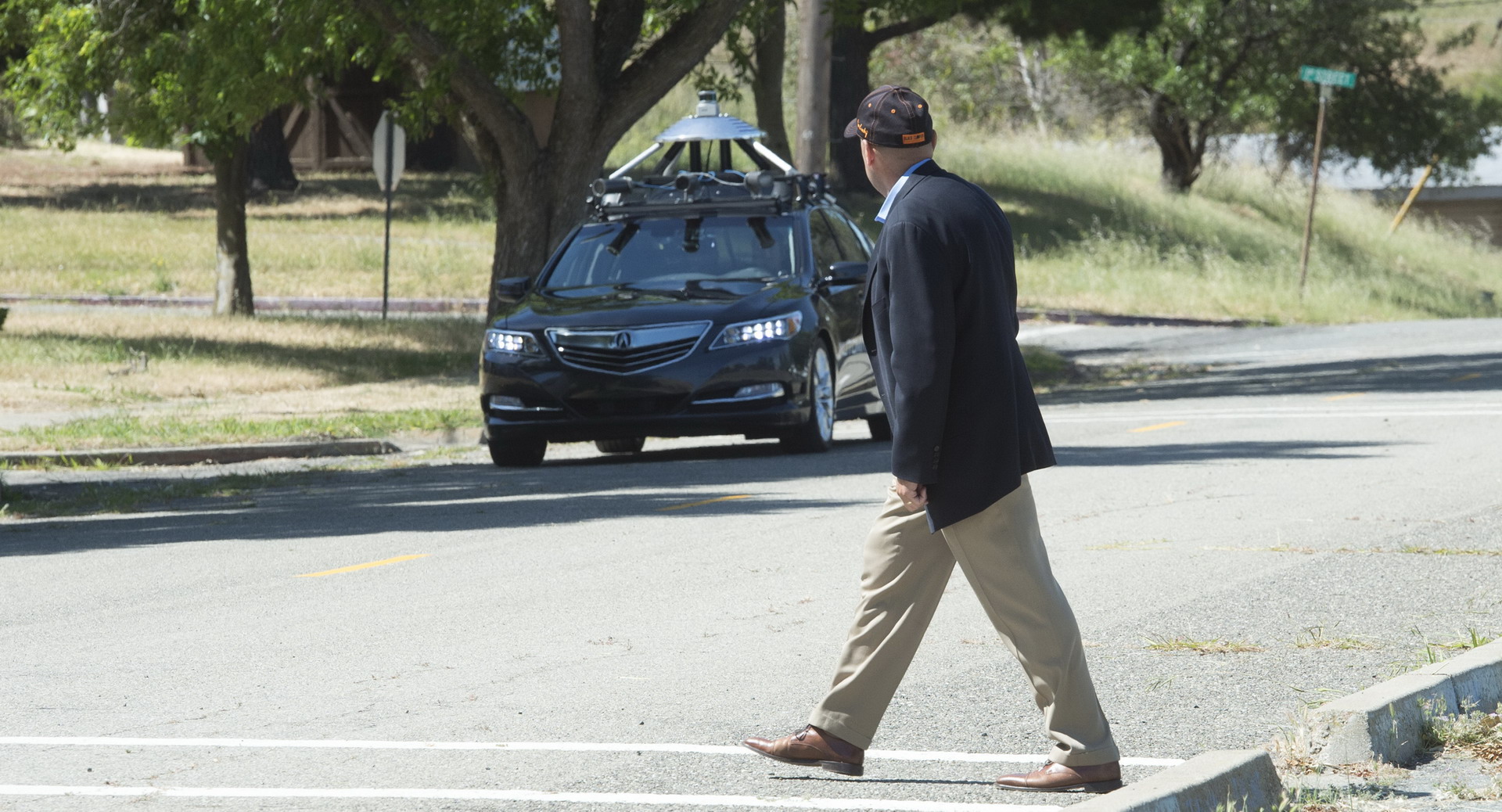A few days ago, I seriously damaged my smartphone. So, while I was waiting for the service guys to call me back and tell me if it was salvageable, I had to revert to an old, not-so-smart cell from a few years back that was retired in a drawer.
Once charged, it worked like a charm. As a phone, that is, because it couldn’t perform the rest of the functions that even a low-price modern smartphone can, like video calls, internet browsing, sending and receiving emails… you get the drift.
Now, I’m old enough to have grown with no cell at all (got my first one, a Nokia, on 1995), so I surely know I can live without it. The question is, do I want to?
The answer is no. I’ve become accustomed to a large, high-res touchscreen that enables me to stay connected no matter where I am and do things that, in 1995, would sound like science fiction. Why, even in The Matrix they used an old Nokia phone that’s just been reissued. For all their creativity, the writers couldn’t imagine how, just eight years later, Steve Jobs would change our lives forever with the first iPhone.
While I was waiting for that call, I read a couple of news I found to be very disturbing. First of all, Uber had begun operating its fleet of autonomous trucks in Arizona, and second, General Motors announced that it will start producing the fully autonomous Cruise AV next year.
I don’t know which of the two got my spine tingling the most: the fact that large freighters, weighing lots of tons, were driving themselves on the highway or that a passenger car with no driver controls at all will soon roam city streets?
For someone who has been around since computer’s HDDs were 4-5 GBs in size, dialing up an internet connection took about half an hour or so and could go for a swim until a page reloaded, I shouldn’t be that worried. It’s not that I’m a Luddite – quite the opposite, in fact, as I embrace all new technologies that make my life easier.
Even when it comes to cars, I don’t really have a problem with dual-clutch transmissions. Actually, a Porsche test driver once told me in Weissach, while we was casually sliding around at the test track and I was holding on for dear life, that he posted fastest laps on the Nürburgring with a PDK-equipped 911 than with a manual.
My first experience with a navigation system, on the other hand, was far from ideal: the female voice kept repeating that I should turn right, which would have landed me in an Italian riverbed, thus we ended up fetching the good ole map. Nowadays, though, they operate flawlessly, and I can rely on a navi to instruct me how to get to an unknown destination.
The thing is, I can’t rely on an AI to get me anywhere. I’ve traveled by plane more times than I care to remember and on everything from a 747 to a single-engine Pilatus with canvas seats. Of course, I felt safer on the newer, high-tech ones with their double and triple redundancy controls and systems – plus, their seats were much more comfortable, not to mention the food and beverages.
Statistically, flying is the safest way of traveling. Moreover, a computer is less prone to making mistakes than a human and is immune to fatigue, emotional stress or any other thing that can negatively affect a human being.
Now, would you travel on a fully automated plane with no pilots behind the controls? If not, why should you trust the AI of a car that has no controls at all? Would you let your children board a school bus with no driver and no steering wheel? That’s not a rhetorical question but one you’ll have to answer soon enough if manufacturers have it their way.
I don’t expect AI to take over the world any time soon like Skynet or anything like that, but I also don’t trust it to put my, or anyone else’s, life in its (virtual) hands without an actual human to supervise and take over if something goes wrong.
Thus, I find it hard to believe that General Motors will release that fully autonomous Cruise next year, as neither the infrastructure nor the legislation that would allow for such a vehicle to operate safely are yet in place.
If they go ahead and do it, others will follow suit and then, what happens next is anyone’s guess. Having no Skype or email while on the move is an inconvenience, not a matter of life and death; having no driver could very well be.
PS: No sooner had I finished this article than news of an Uber self-driving Volvo being involved in a fatal accident broke. The driver obviously didn’t see the pedestrian – but neither did the AI, which was operational at that time. The company has suspended its program.
Maybe this will make GM CEO Mary Bara rethink the Cruise AV and put it on hold. And if this doesn’t happen, perhaps the DoT should step in and bar self-driving vehicles from public roads until the technology proves itself under scrutiny in a multitude of scenarios first.





